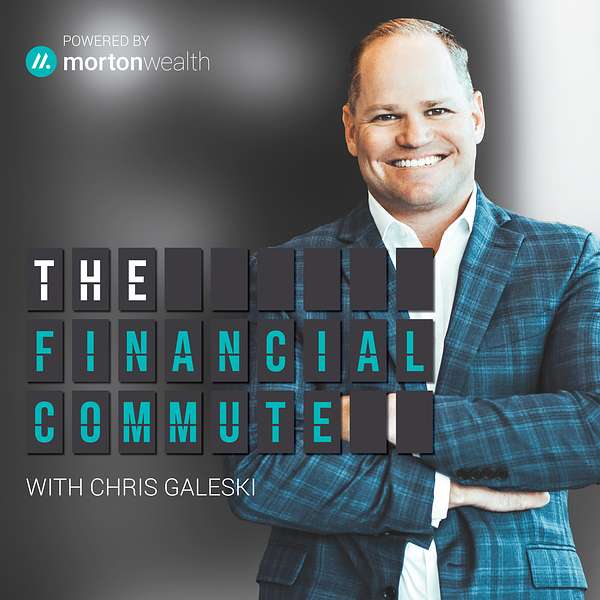
THE FINANCIAL COMMUTE
Hosted by Wealth Advisor Chris Galeski, THE FINANCIAL COMMUTE is a weekly podcast that gives the rundown on what's going on in the current market, how it affects you, and what you can do about it – all designed to fit into your commute. Each week Chris welcomes an expert guest, including Morton Wealth advisors, fund managers, and investment analysts, to break down complex financial topics. Our goal for this podcast is to provide you with the tools to help you navigate this challenging environment, leading to a path of more confident investing.
THE FINANCIAL COMMUTE
Are Tariffs Making America Stronger or More Expensive?
On this week's episode of THE FINANCIAL COMMUTE, host Chris Galeski and Wealth Advisor Beau Wirick discuss tariffs, their effect on the market, and how to prepare for the future as a consumer/investor.
- Chris notes that we filmed this episode on the morning of March 10th in case anything changes by the time this is released.
- At the time of filming, the S&P 500 was down 8%. Markets typically do not respond well to uncertainty, which Beau says is the only way to describe these policies since there is a new change every day.
- The U.S. has relied on globalization for cheaper goods, but tariffs aim to bring manufacturing back to our country.
- According to Beau, Taiwan Semiconductor Manufacturing Co. (TSMC) will increase U.S. production to avoid tariffs. However, he says this could've been achieved by implementing targeted tariffs instead of broad tariffs.
- While tariffs may protect U.S. jobs, specifically in manufacturing, they can also raise consumer prices. This can disproportionately affect lower-income households.
- The ideal outcome is job growth and a stronger middle class, but many economists argue tariffs don’t guarantee this and can hurt economic growth. Higher prices from tariffs, combined with rising household debt and economic uncertainty, could push the U.S. toward a recession.
- Chris says even if the Trump administration does away with tariffs after a few months, prices probably won't come down to what they used to be - at least not for a long time.
- Individuals should create a spending plan, track expenses to see where they can save, and build an emergency fund to protect against economic downturns. Morton Wealth has taken proactive steps to reduce stock exposure and diversify client investments to minimize risk from market volatility.